Loquat. Nêspera- Nespereira
Rosacea Family
For thousands of years in Japan & China the fruit, leaves and seeds have been given for cough, chronic bronchitis, inflammation, cancers and to promote longevity.
In the Algarve the flowers come out in the Autumn and the fruits ripen in the Spring time. Making it our first harvest of the year.
The flowers in a tea have an expectorant action which is good for coughs and congestion in the lungs. Also have insect repellent properties and the fragrance is captured and added to oriental perfumes.
The flower essence:
For those who experience fear and anxiety when faced with the demands of life and seek to escape by avoiding participation in the life process and withdrawing.
The remedy assists any form of digestion, be it the digestion of food or the digestion of ones life circumstances and life choices.
Helps us manage our life when it is full of drama and uproar.
It can be very beneficial for issues that surface during adolescence that we haven't fully dealt with. Helps with travel sickness as well as for emotions which lie behind unhelpful eating patterns.
Helps to digest and process life with clarity. Standing in our true Power, at ease in taking personal responsibility and engaging in Life.
Leaves:
Today the loquat leaf is one of the most popular cough remedies in the Far East and is the ingredient of many over the counter medicines including in many syrups.
The leaves are analgesic (pain relief), antibacterial, antiemetic (stop vomit), antitussive (stop the cough), antiviral, antifungal, astringent (healing & drying), diuretic (cleansing and restorative to the kidneys & bladder) demulcent (soothing & healing to inflamed tissue) and expectorant (removes excess mucus from lungs).
Loquat leaves are excellent for both the digestive and respiratory systems. Soothing and healing.
Young leaves excellent in tea infusions. For various skin diseases, allergies, cough, throat & gut inflammation such as in ulceration, nausea, and itching.
A decoction of the leaves or young shoots is used as an intestinal astringent and as a mouthwash in cases of thrush and also in the treatment of bronchitis, coughs, feverish colds etc.
The leaves contain ursolic acid and oleanolic acid, which both help to balance blood sugar levels, insulin levels. Cholesterol imbalances and gall bladder congestion.
The leaves are harvested as required and can be used fresh or dried.
It has been said that the hairs should be removed from the leaves in order to prevent irritation of the throat. To remove the downy underside with your nail or wash it off.
Fruits:
Fruit eaten raw, cooked or preserved. Cooked in pies, stews, jams, chutneys, smoothies, sauces, etc.
Dehydrate for later.
Have a slightly acid, sweet aromatic flavour.
The fruits are particularly high in beta carotene a carotenoid antioxidant, which prevents cellular damage, excellent for the skin, reduce inflammation and protect against heart disease. Blood pressure regulation and healthy functioning of the arteries. Carotenoids are also precursors to vitamin A which is essential for healthy vision, immune function and cellular growth.
Rich in phenolic compounds, which possess antioxidant, anticancer, and anti-inflammatory properties and can protect against several conditions such as diabetes and heart disease.
Other nutrients are found in the fruits such as folate and vitamin B6, which are important for energy production and blood cell formation. Magnesium and potassium, which are essential for nerve and muscle function. Manganese, which supports bone health and metabolism.
Small amounts of vitamin C, thiamine (vitamin B1), riboflavin (vitamin B2), copper, iron, calcium, and phosphorus.
Good amounts of pectin which helps to clear the colon of toxins.
The fruit is slightly astringent, expectorant and sedative. It is used in allaying vomiting and thirst.
Many scientific studies on the fruits. For example one done on the skins of the fruits found that they significantly prevented the growth& spread of human bladder cancer cells.
PHOTO BELOW ARE DELICIOUS FRUITS TAKEN IN MARCH THIS YEAR.
Seed - cooked. A pleasant flavour. The roasted seed is a coffee substitute.
The seed contains small amounts of amygdalin, a cyanogenic glycoside. This is contained in most of the fruits of the Rose family such as apples and almonds. The more bitter the seed\nut the more of the glycoside it will contain.
Amygdalin in very high amounts when eaten is metabolised into lethal cyanide. Just to get an idea, you would need 1000s of crushed apple seeds to cause any poisoning.
Amygdalin at the right dose has health benefits such as improves digestion, heart protector, reduce high blood pressure, boost immune system it is also claimed to be of benefit in the treatment of cancer ( known as B17 also found in the famous apricot kernels).
1-2 seeds a day as a treatment is a noted dose for the Loquat seeds.
The Wood is hard and close grained and is used to make rulers and other drawing materials. Also used to make musical instruments.
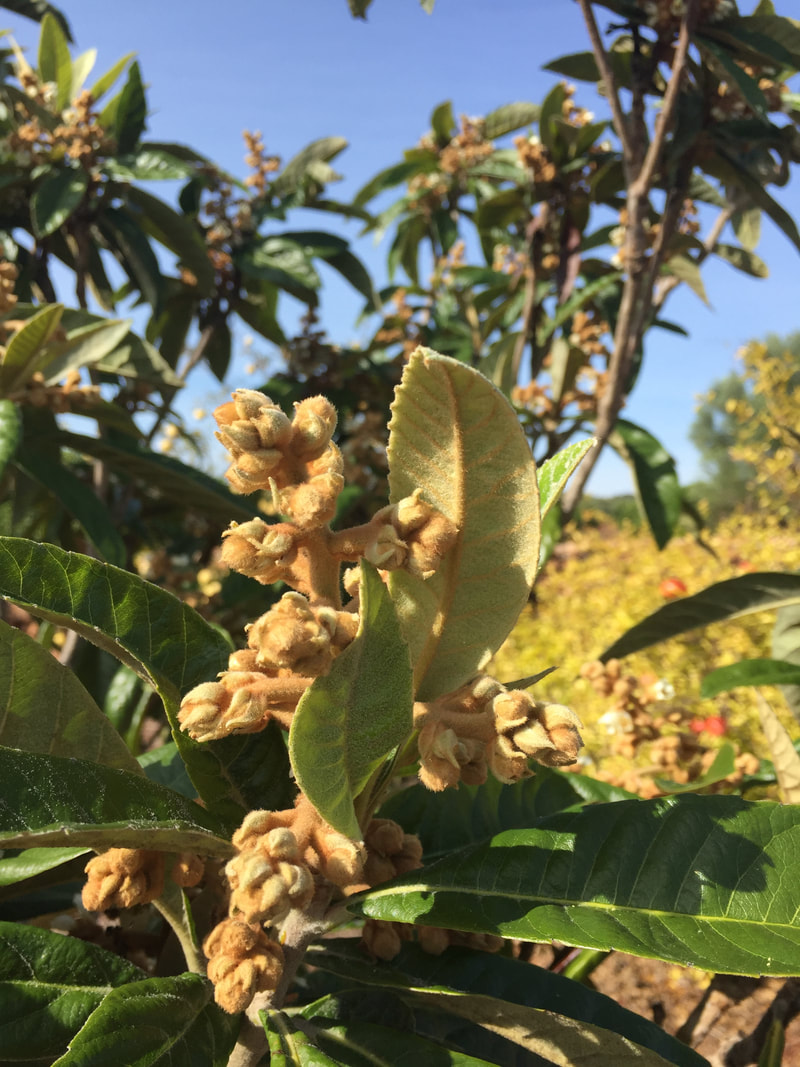
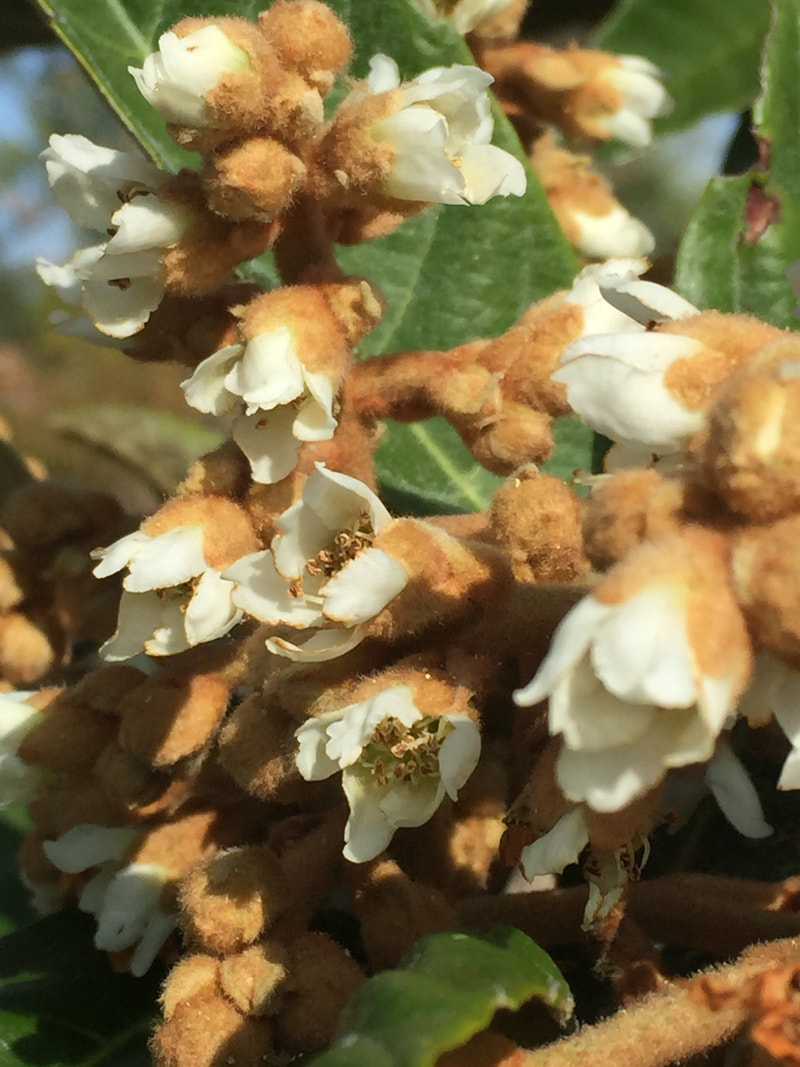
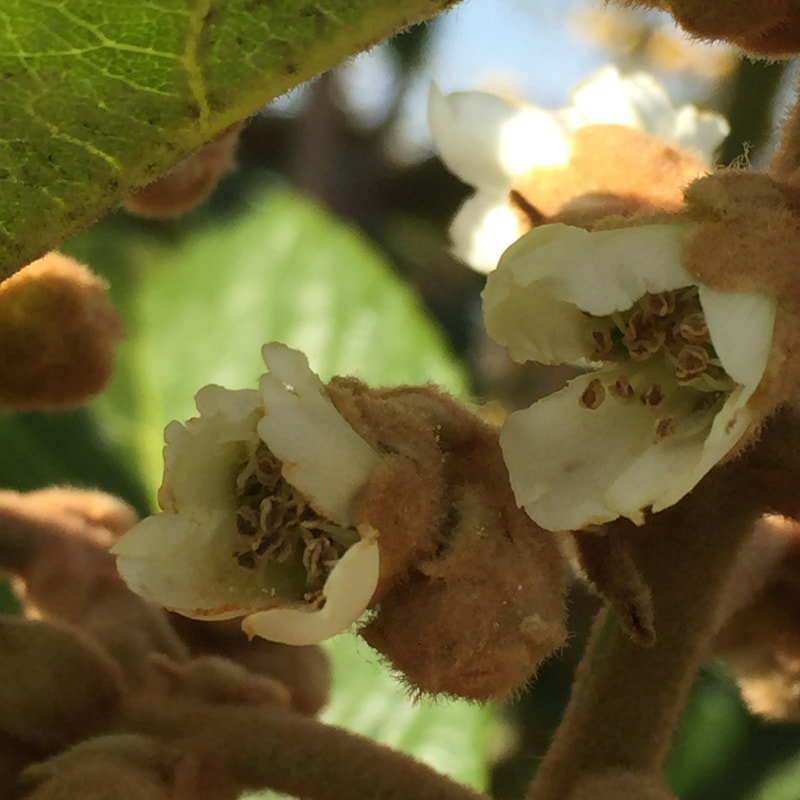
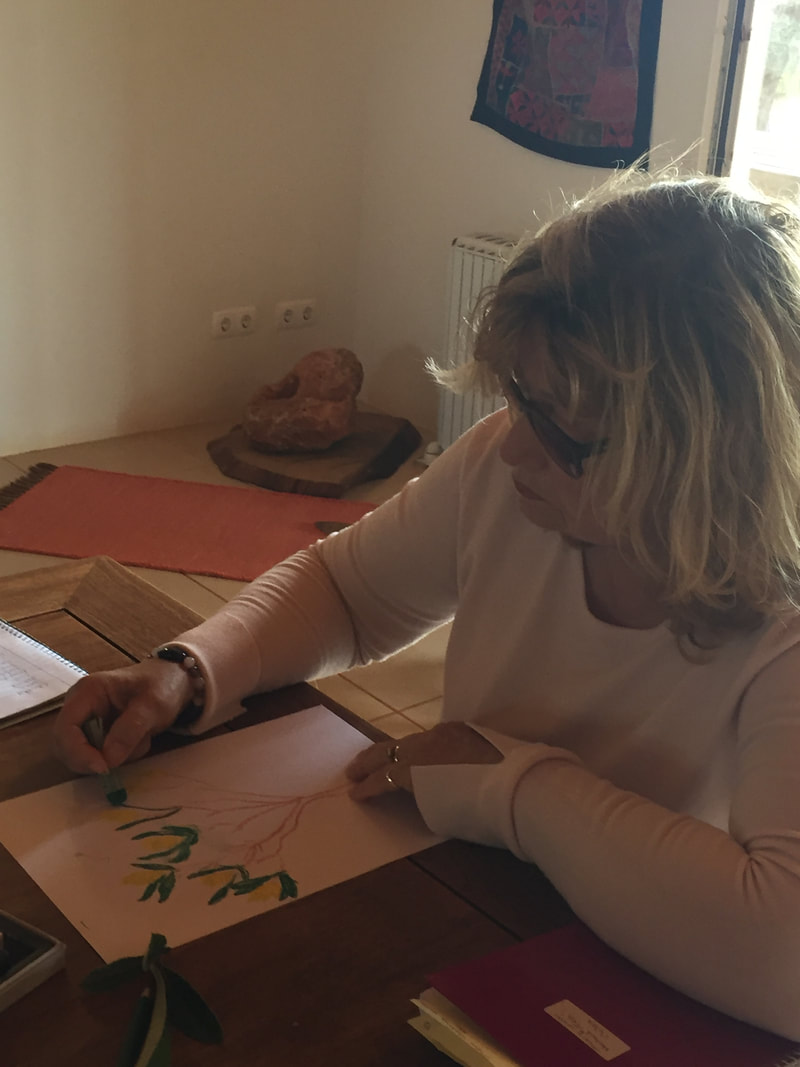
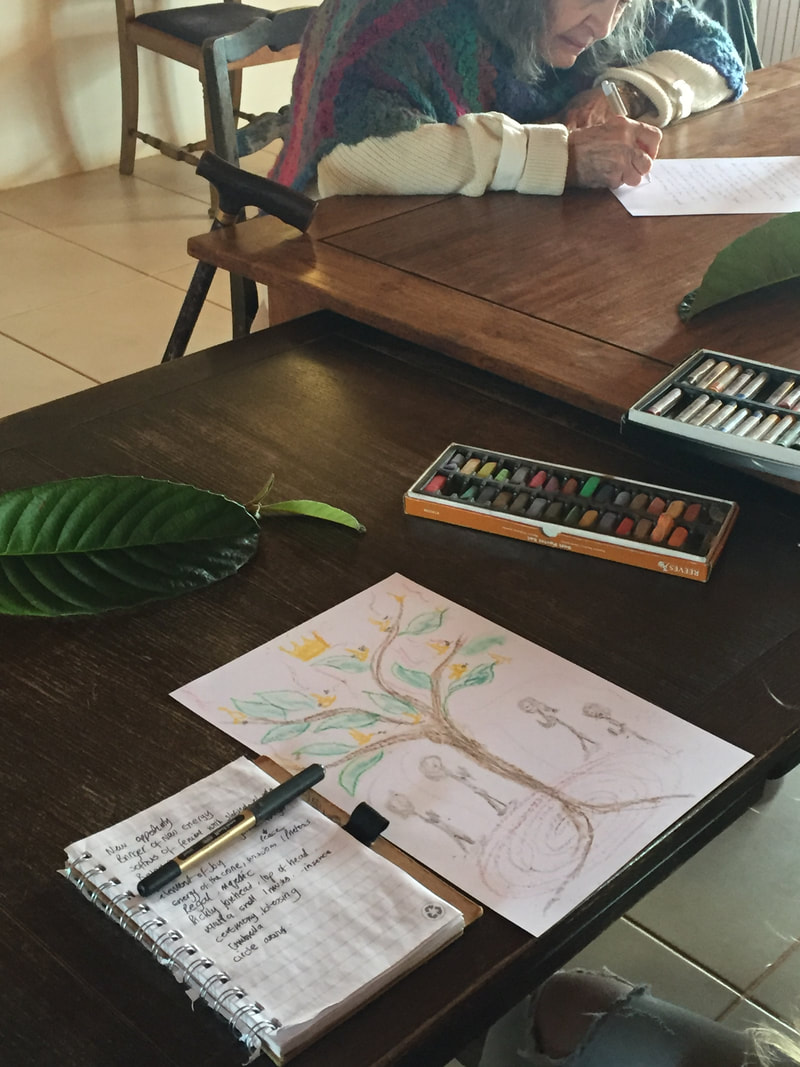
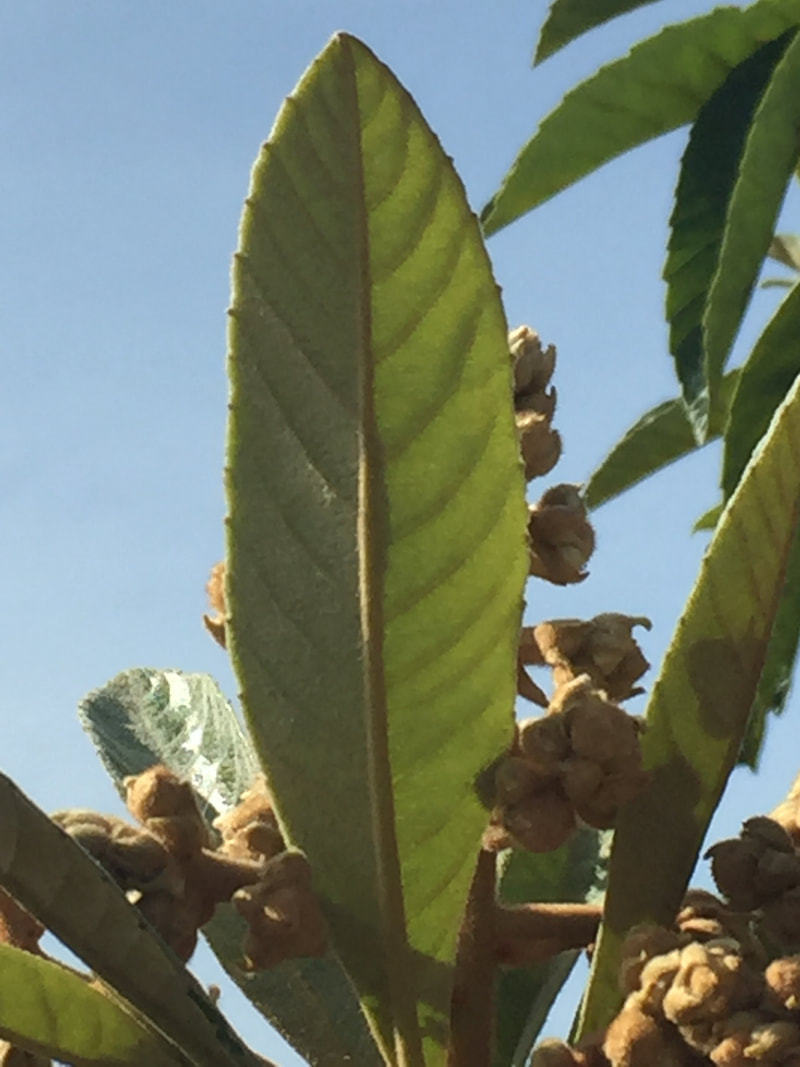
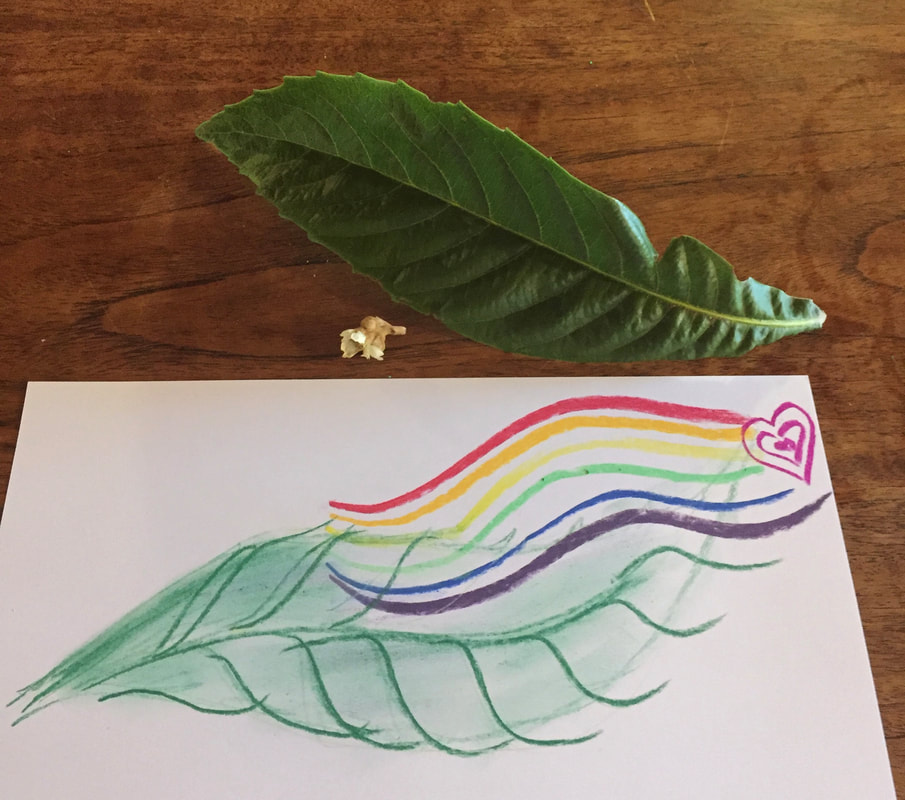
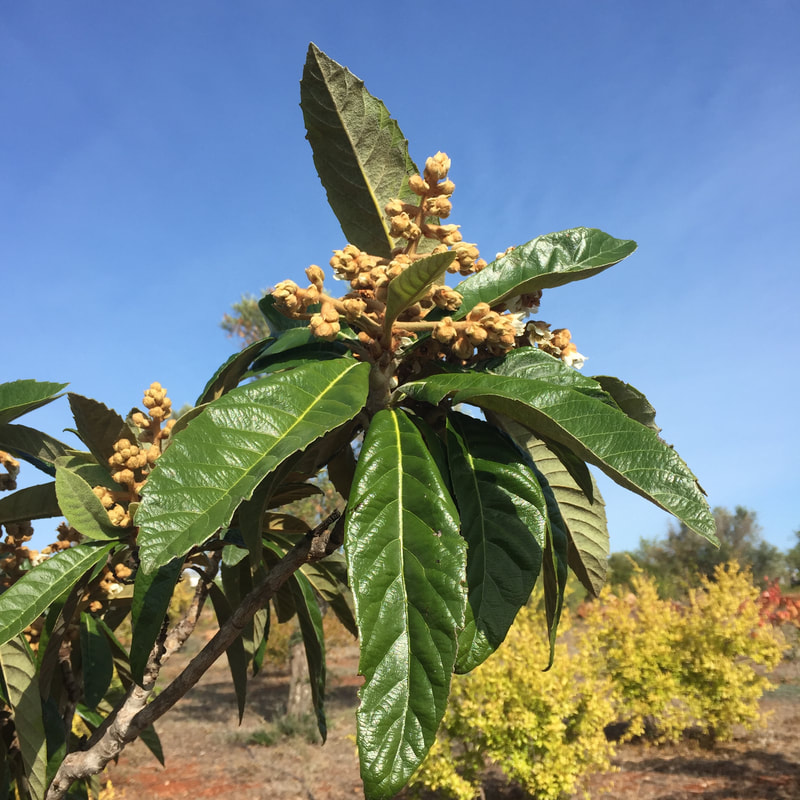
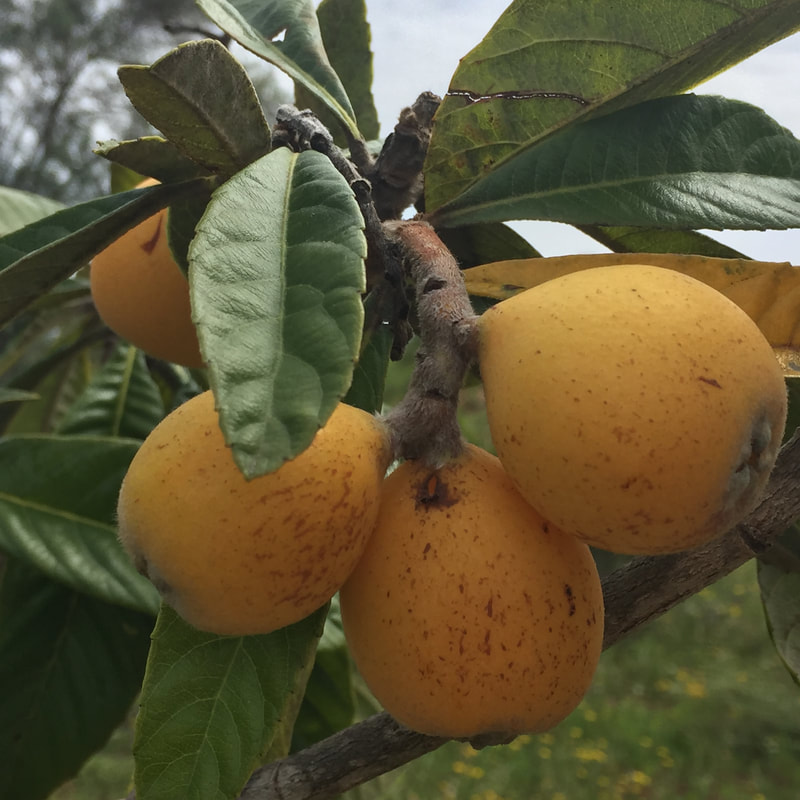
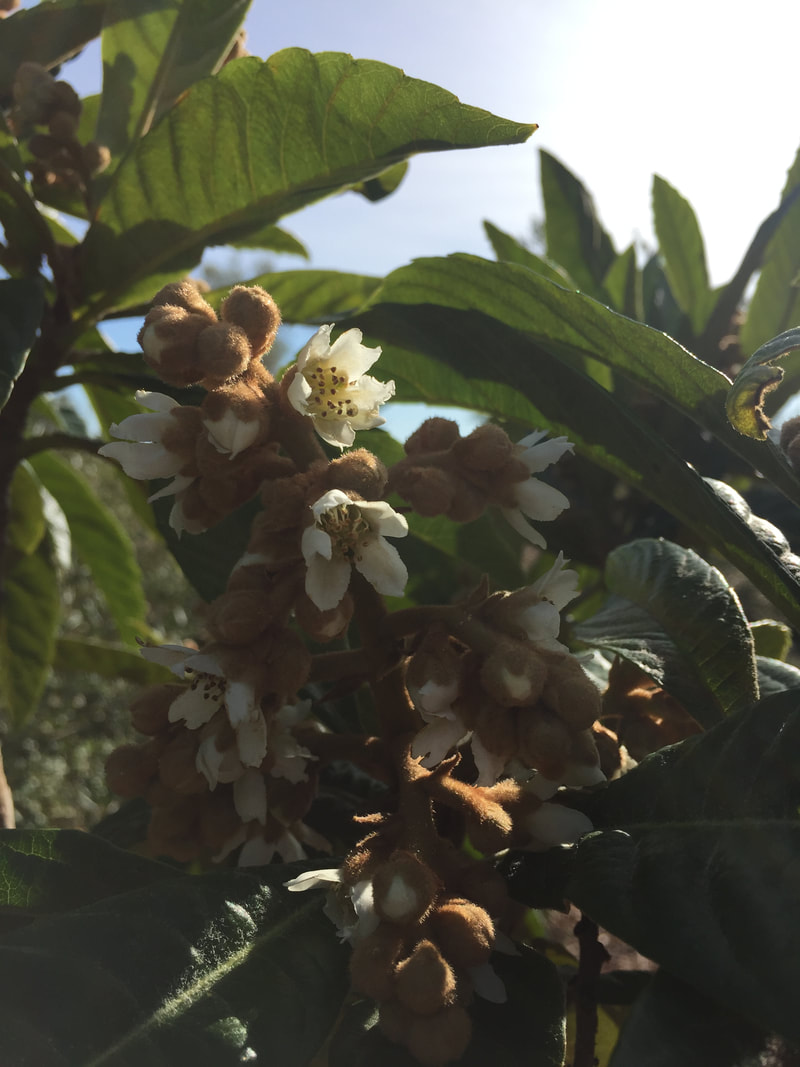
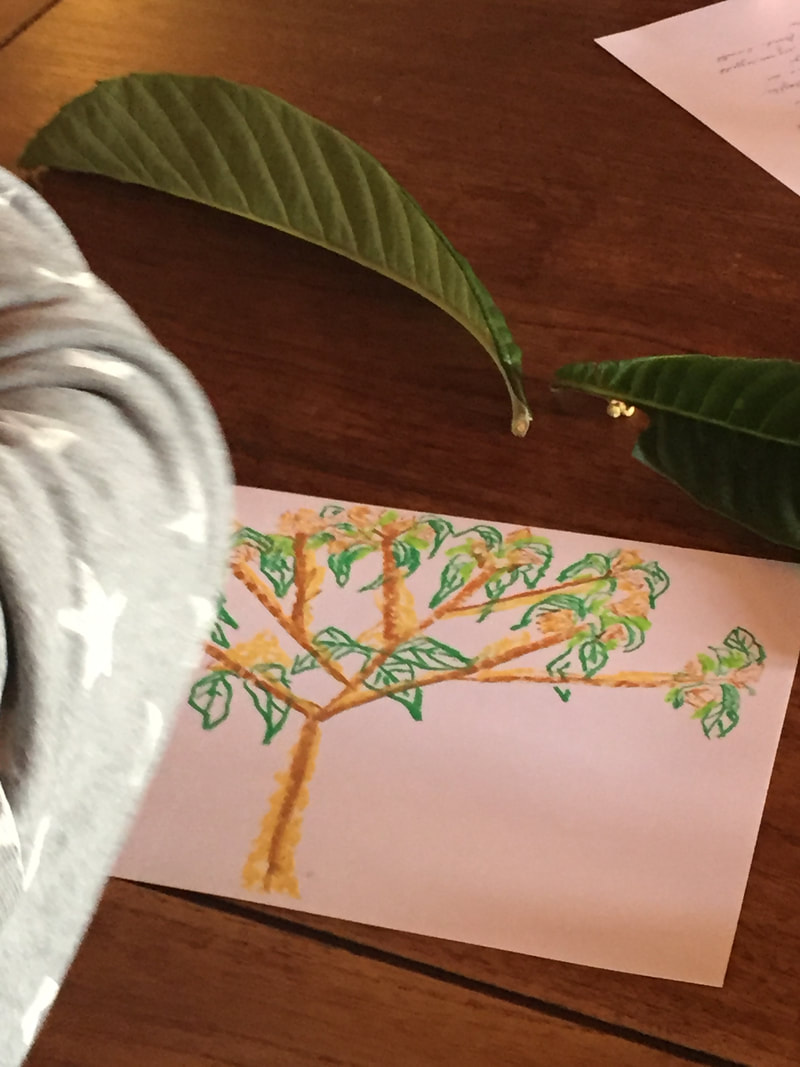
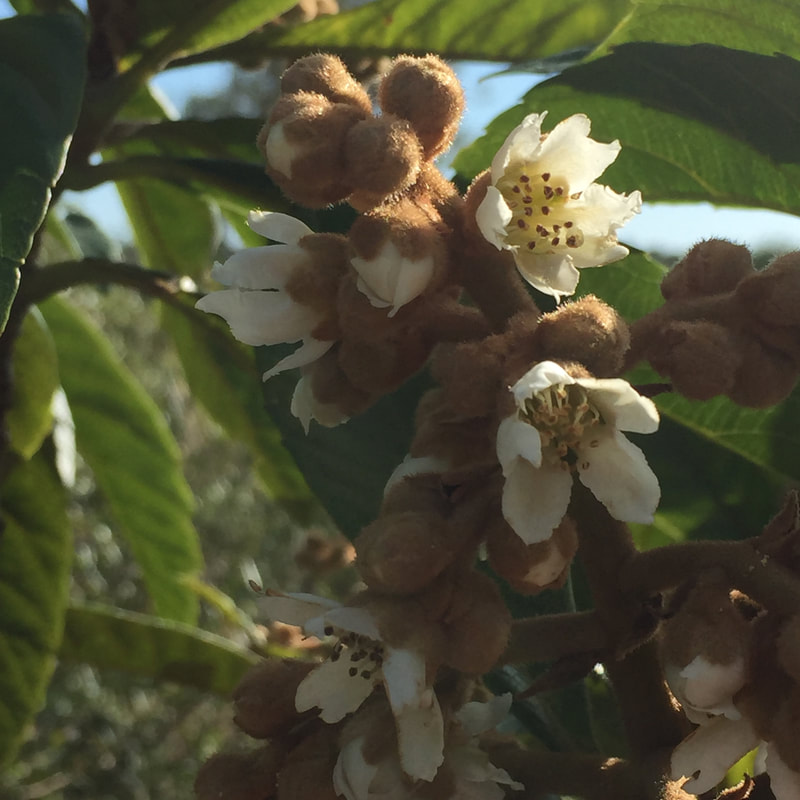
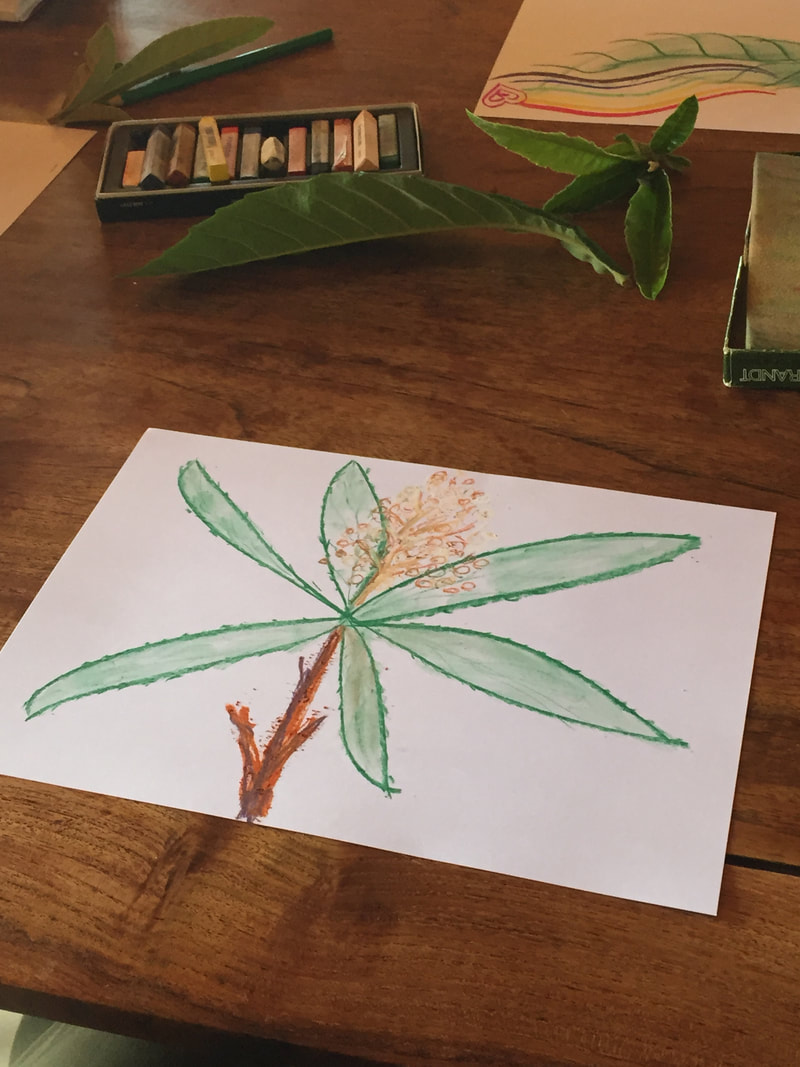
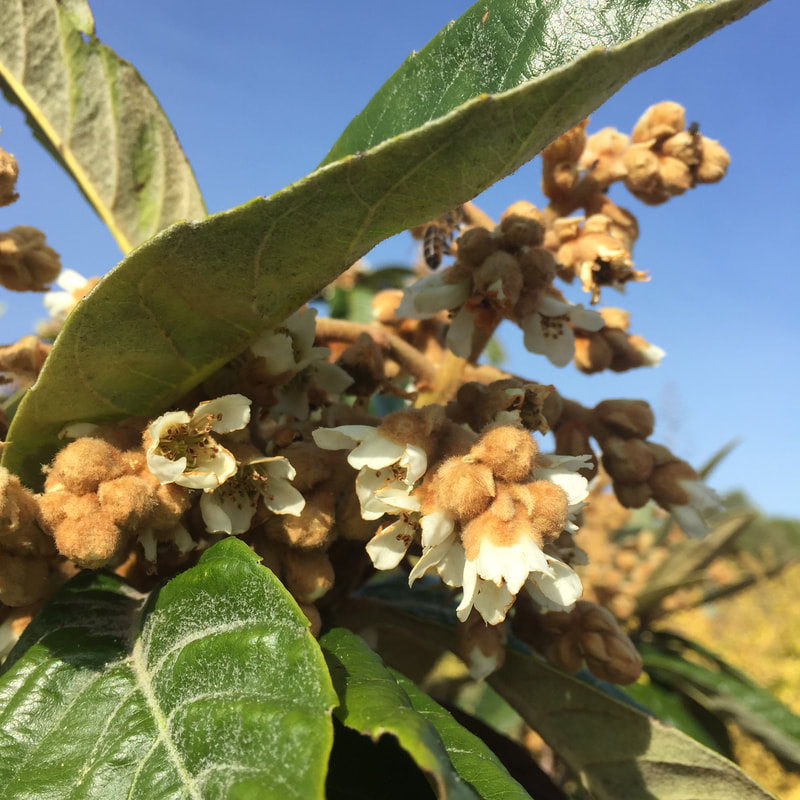
 RSS Feed
RSS Feed